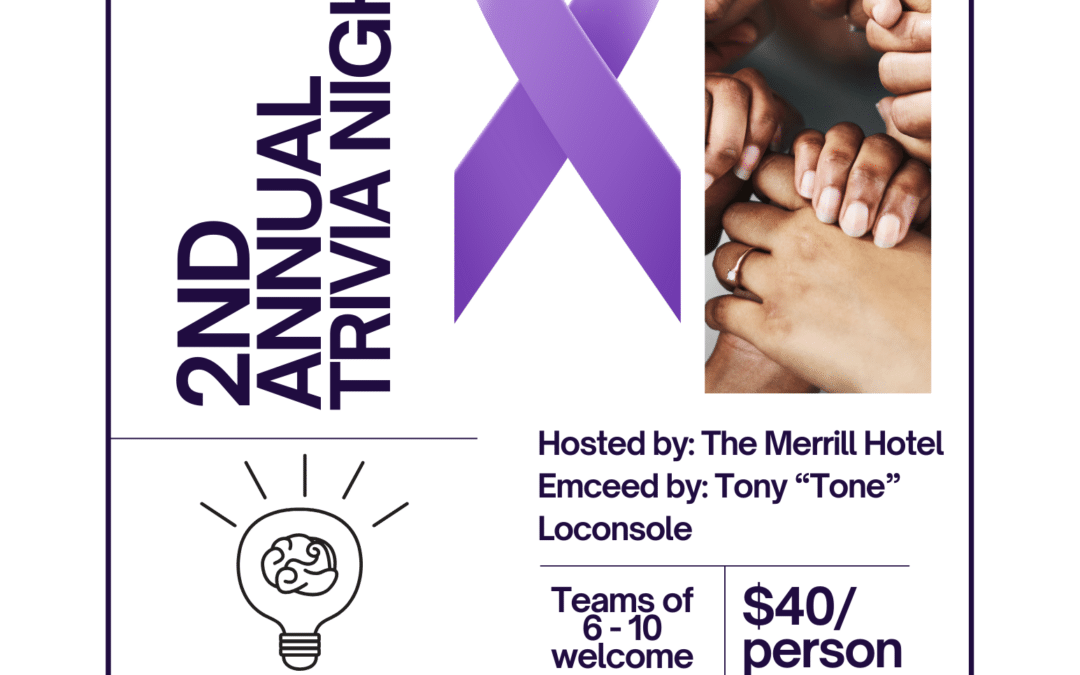Dan Cox of Wilton hadn’t slept more than three to four hours straight in years. He suffered from snoring, constant jerking awake, and feeling sluggish.
“I had no energy and wanted to take naps all the time,” says Cox. “I’d wake up at 2 a.m. and then be up all day, so I’d have trouble staying awake during the day.”
Trouble sleeping impacts more than 50 to 70 million adults in the US according to the American Sleep Association, but thankfully there’s local resources to help diagnose and treat sleep issues at UnityPoint Health® – Trinity Muscatine.
“Quality rest every night sets a strong foundation for good health,” says Naveen Kanathur, MD, a sleep disorder expert at UnityPoint Clinic® Multi-Specialty clinic. “A lack of sleep can impact your mood, your ability to focus, and long-term, can lead to major health issues or chronic diseases.”
That’s why Cox sought out help from his primary care physician, Jason Thornburg, PA, UnityPoint Clinic Wilton – to ward off long-term impact from lack of sleep.
Thornburg referred Cox to UnityPoint Health – Trinity Muscatine Sleep Center first for a convenient at-home test followed by a more robust hospital-based exam.
“The room felt like a nice home, like my bedroom at the house. Sure, it was hard to fall asleep at first with the wires, but once I fell asleep, I was out,” says Cox.
The 53-year-old gardener delighted in the ease and convenience of the sleep studies and asked himself why he hadn’t done this sooner.
“It’s worth the time and effort to get answers. I didn’t realize how often I was waking up and not breathing, making my body work a lot harder.”
Cox learned he could easily manage his sleep issues with a continuous positive airway pressure, or CPAP, machine.

Kanathur said this therapy commonly treats obstructive sleep apnea and helps people breathe easier while they sleep allowing them to get more – and better rest.
“The first night, I slept straight though – no jerking or waking,” he says. “I was still tired, but I had noticeably more energy and it’s gradually improved over time.”
Reversing the harmful trend of poor sleep is helping Cox do more of the things he enjoys like playing disc golf and harvesting berries and fruits from his garden.
“It’s not as uncomfortable as I thought, just a small nose piece and I quickly learned to keep my mouth shut at night,” says Cox.
First, try these tips for better sleep:
• Stick to a sleep schedule by going to bed and getting up at the same time every day.
• Avoid heavy meals, smoking, caffeine, or alcohol before bed.
• Create a relaxing environment (cool, dark and quiet or white noise).
• Get regular activity during the day.
When poor sleep disrupts your daily activities, it’s time to talk with a primary care provider about whether a sleep study can help. Trinity Muscatine offers both at-home and hospital-based sleep studies. Learn more at unitypoint.org or call 563-264-9471 to speak with an expert.



















